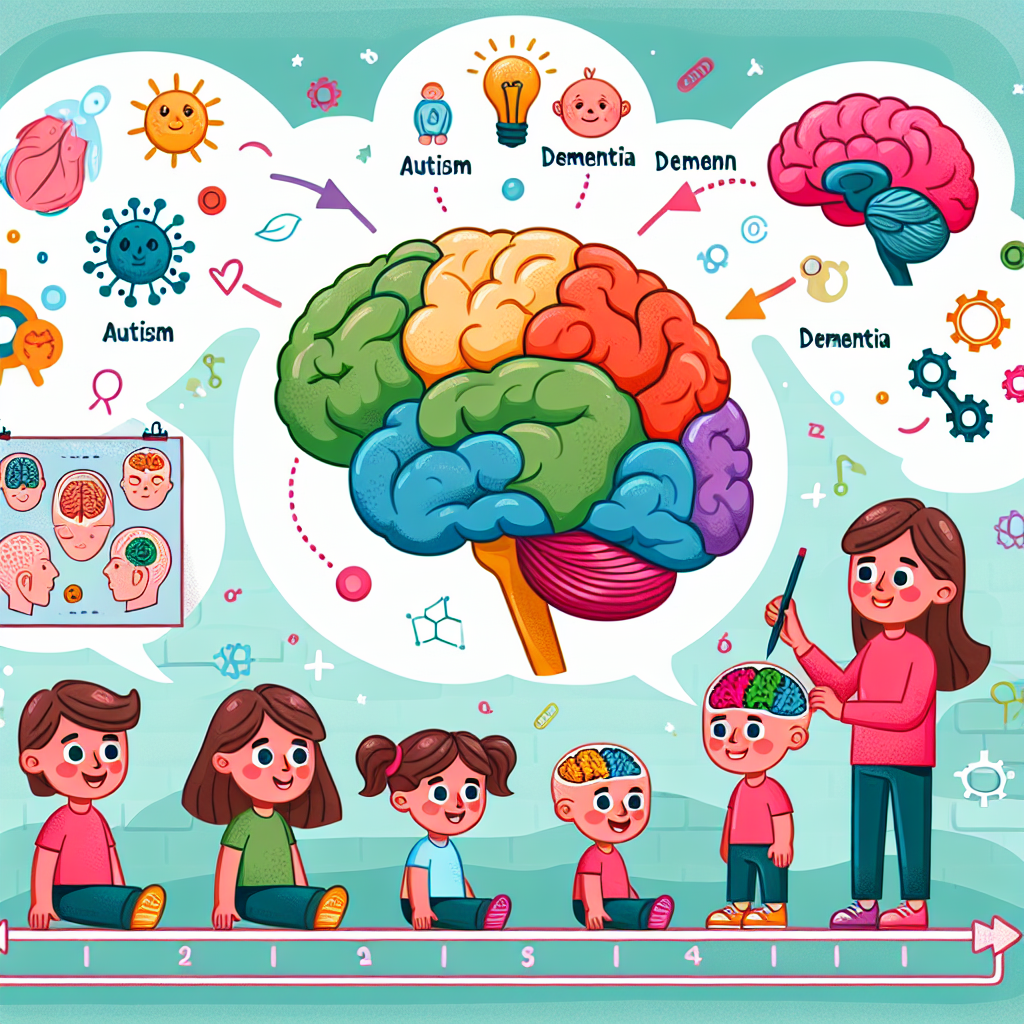28th September 2025
Recent scientific discoveries are reshaping our understanding of the human brain, revealing fascinating connections between lifestyle, evolution, and neurological conditions.
Living with Purpose May Shield Against Dementia Research has unveiled an intriguing connection between purposeful living and brain health. Scientists have discovered that individuals who maintain a sense of meaning in their lives may have better protection against dementia. This protective effect appears to stem from engaging in activities that create personal fulfillment and satisfaction. Whether through pursuing hobbies, volunteering, or continuous learning, meaningful engagement seems to contribute to maintaining cognitive health as we age.
Parkinson's and Alzheimer's: An Unexpected Connection In a groundbreaking study, researchers have identified early indicators of Alzheimer's disease in Parkinson's patients who show no signs of dementia. This discovery challenges the traditional view of these conditions as entirely separate disorders. The presence of these subtle markers in Parkinson's patients' brains provides valuable insight into potential future cognitive challenges, offering healthcare providers an opportunity to implement preventive measures earlier in the treatment process.
Autism's Evolutionary Link to Human Intelligence A compelling new theory suggests that autism might be an evolutionary byproduct of human cognitive advancement. Scientists propose that the characteristics associated with autism could be connected to the same genetic factors that have contributed to humanity's intellectual development. This perspective presents autism as a possible trade-off in human brain evolution, where enhanced capabilities in areas like pattern recognition and detail-oriented thinking may have emerged alongside autistic traits.
These interconnected findings highlight the complexity of human brain development and function, demonstrating how our understanding of neurological conditions continues to evolve. As research progresses, these insights may lead to better treatments and preventive strategies for various brain-related conditions.
This article is based on today's episode of KidsNewsFlash, a daily news podcast for kids and families. Listen on Apple Podcasts, Spotify, or wherever you get your podcasts!

